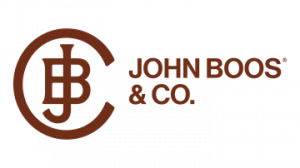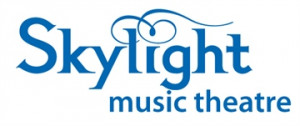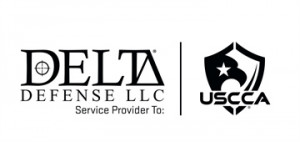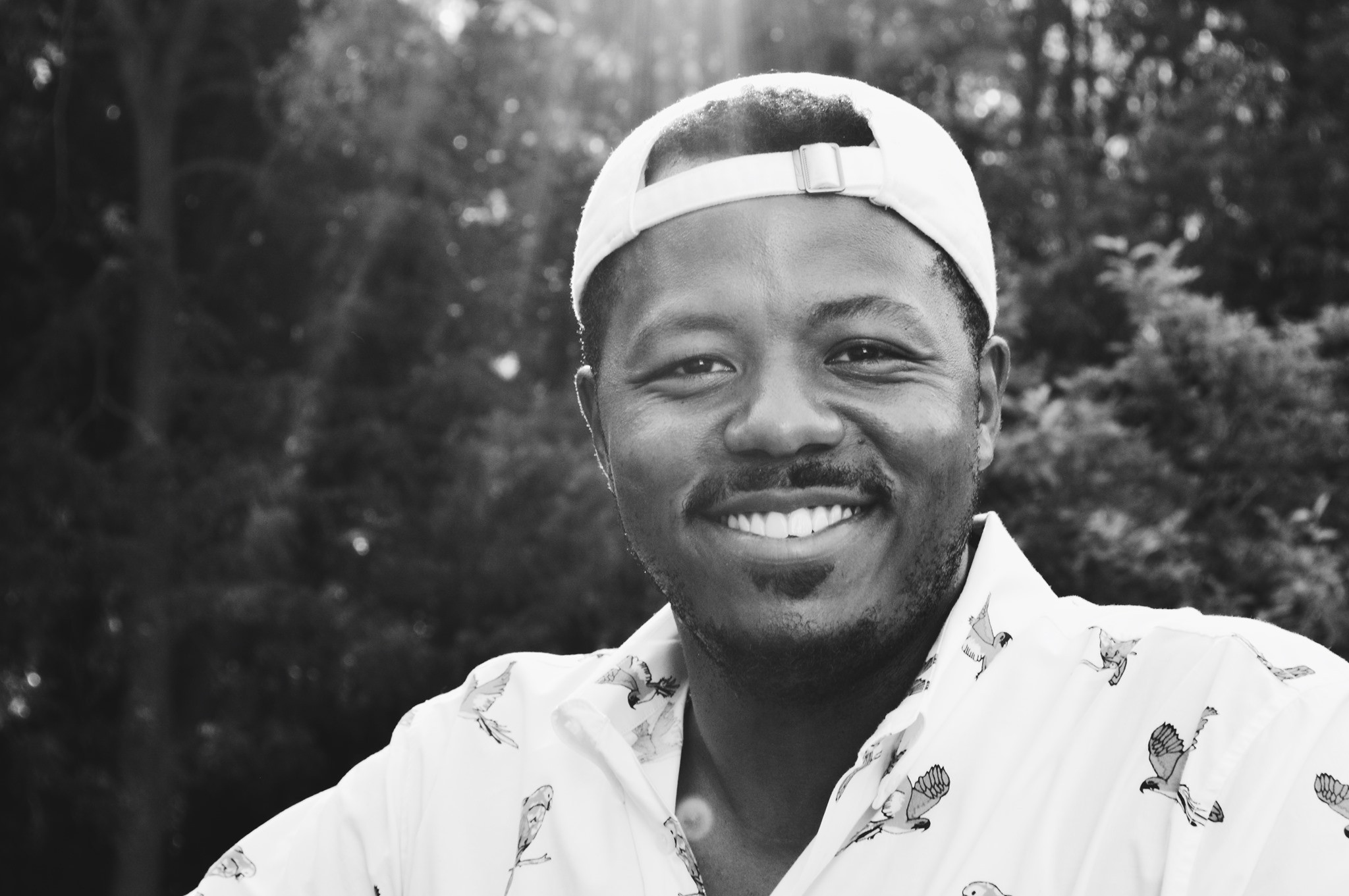
Art Jones likes to think of his career like a favorite curated mixtape. Having led a career with many different rhythms, from agency work to education, Art reflects on each experience as a steppingstone and uses what he learned to shape how he thinks, leads and connects.
From supporting Fortune 500 clients at Golin to managing omnichannel marketing strategy at Roundel (Target's in-house media company), he's built a career at the intersection of creativity, strategy and purpose.
You’ve worn a lot of hats from agency and brand-side work to higher ed and tech support. Can you walk us through your career journey and what led you to your current role?
I like to think of my career as a pot of gumbo or your favorite mixtape: curated, layered and constantly evolving. I got my start in agency life, supporting clients like Walmart and McDonald’s at Golin, where I learned the ropes of media relations, strategy, and storytelling. I even pitched myself and leaned into my strengths to demonstrate to senior leaders that I deserved to be there and what value I would bring as an associate. From there, I pivoted to in-house roles, eventually landing at Roundel, Target’s in-house media company, where I currently manage omnichannel marketing and media strategy for national brands, specifically on the Toys and Sporting Goods business.
Along the way, I’ve worked tech support at Apple, consulted for nonprofits, and served as an adjunct professor at multiple universities. Each experience, from developing business plans for entrepreneurs to developing advertising curriculum, has shaped how I think, lead, and connect with others. I’m proud of my unconventional path because it has taught me to be scrappy, strategic, and, most of all, human.
How has your experience across various industries like retail, media, education and tech shaped your career outlook and approach?
I see problems through multiple lenses. Retail taught me to move fast. Education taught me to slow down and listen. Media sharpened my eye for detail, while technology trained me to problem-solve and to remain curious at all times. The headline, though, is that all of these experiences have been around solving and partnering with good people, asking myself how to reach them, educate them, teach them, and build for them. That blend of empathy and strategy defines how I approach every project.
What does a typical day look like for you, and how do you see the landscape evolving in the marketing industry?
A typical day is anything but typical. My work varies based on many different levers. Some days I am doing discovery calls to help a new brand evolve in the retail media space, some days I am digging through data to find those insights that help brands see opportunity and find ways to win and increase their market share/share of voice.
Some days I am building out new materials for students that are engaging to ensure that our time together is not another “boring lecture” but a time where we can take apart and digest theories and apply them to real-life scenarios. Regardless of the task, my day is centered on the theme of how I can help my clients win, my students win, and how we can all continue to learn and grow.
Even after work, I continue to work, whether it's through BPRS, National Black MBA, non-profit volunteering, or volunteering with my chapter- the Brookfield (WI) chapter Kappa Alpha Psi Fraternity Inc.; the work is never done. However, the reward is great, and it allows me to utilize a mix of left-brain and right-brain thinking that keeps me sharp.
As for the industry, the shift toward retail media, influencer integration, and personalized content is here to stay. We live in a digital-first economy, but with so many options, how are brands leaning into the voices that have community and utilizing them to remain relevant? How are brands utilizing first-party data solutions to grow their presence and ensure that they are thinking full funnel when it comes to their customers? But what excites me most is how brands are finally treating media as more than just impressions. They’re investing in connection, community, and cultural relevance.
You’ve taught at multiple universities including Marquette, Carroll, and Mount Mary. What inspired you to begin teaching, and how does it inform or influence your professional work?
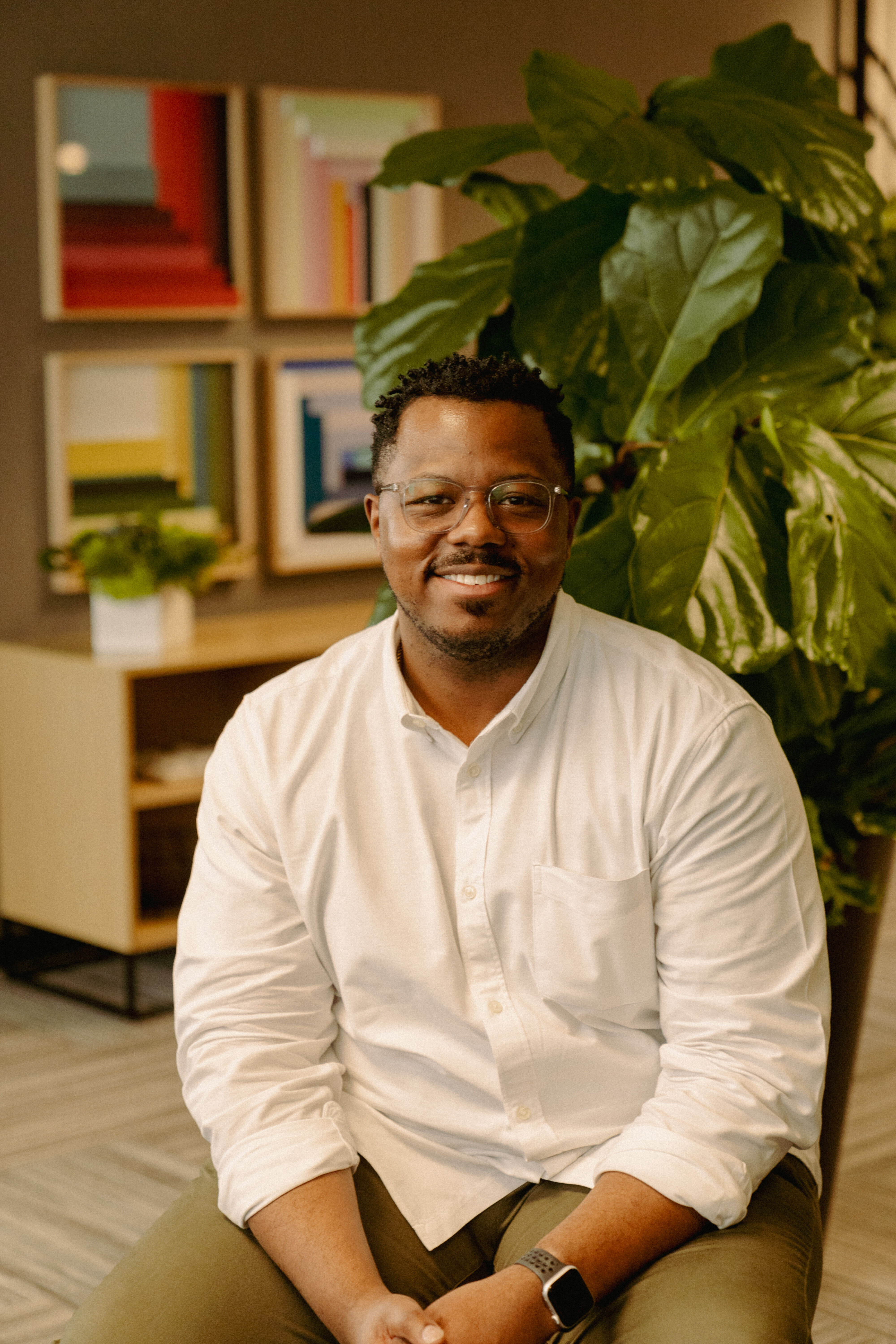
I like to tell people, I fell into teaching. I never thought for one minute I would be a teacher. I was witty, funny and had a passion for storytelling. Teaching was a blessing that came during my graduate work at Carroll. While finishing my M.ED, I was allowed to teach the Introduction to Social Media course at Carroll while serving as the Social Media Manager for the institution. And from my first lecture to now, I am still impressed by what it has done to me. It grounds me. My students challenge me to explain strategy clearly, stay current on trends, and think critically.
The classroom keeps me humble and energized. Every semester, I get the privilege of watching someone’s lightbulb go off, and that never gets old. I can also state that every good instructor I have had, including Tim C., Dennis J., Shenna C., Herb L., lives, walks, and breathes with me as I stand at the podium, every semester. Every word of encouragement, accountability, and creative freedom lives within me, and I give it to my students. It also impacts my work because I am more deliberate with how I communicate, both to my client/vendor partners and other teammates.
What’s one concept or topic you always make sure your students grasp before they leave your classroom?
Strategy before tactics. It’s easy to chase trends, the next platform, the next tool, but if you don’t understand the why behind your message, it won’t stick. I make sure they understand the fundamentals: target audience, message, positioning, and channel mix.
You’ve also had extensive experience in social media strategy and PR campaigns. How do you stay ahead of all the ever-changing trends?
I listen before I post. I stay plugged into creator communities, study what’s working organically, and analyze what brands are doing right (or wrong). And I’m not afraid to experiment. Staying ahead of trends isn’t about chasing the algorithm; it’s about understanding your audience deeply enough to meet them where they are and add value. I also make it a habit to keep my news alerts on, subscribe to some of the PR communities with best practices, and to always keep a pulse on the state of Public Relations and communications.
From working on campaigns for brands like Wahl and Walmart to running influencer programs — what’s one campaign that stands out and why?
A personal favorite was an influencer campaign we ran for Wahl Clippers for their Man of the Year campaign. It was a lot of work, but we secured local and national coverage for some top contenders who had great beards and were also good people. It was not about the product placements but leaning into good storytelling, being authentic about the brand, and making an impact to the community. The results were strong, but more importantly, the effect was lasting.
What advice do you have for someone just getting started in advertising, social media or media strategy roles today?
Be curious. Stay scrappy. Don’t wait for permission. Read case studies, ask questions, and build something: a one-pager around a topic, a newsletter, a campaign concept, or even something for fun. The industry rewards those who experiment and learn through hands-on experience. Network, network, network. You never know who you will meet and how they can impact you. And don’t just network and add them on LinkedIn, send them a holiday card, set up quarterly/bi-annual connect and truly stay connected.
You’ve built a career that bridges creative and analytical thinking. How do you balance or blend those skills in your work?
I treat data as a narrative tool. The numbers tell me what’s working, but the story behind them helps me explain why it matters. Whether I’m writing a brief or presenting on results of a campaign, I always ask: “What are we trying to say? How can we prove it’s working? What impact are we having on the market?”
You’re also pursuing an MBA and already earned a master’s in education. What motivates you to keep learning, and how do you apply that in your day-to-day work?
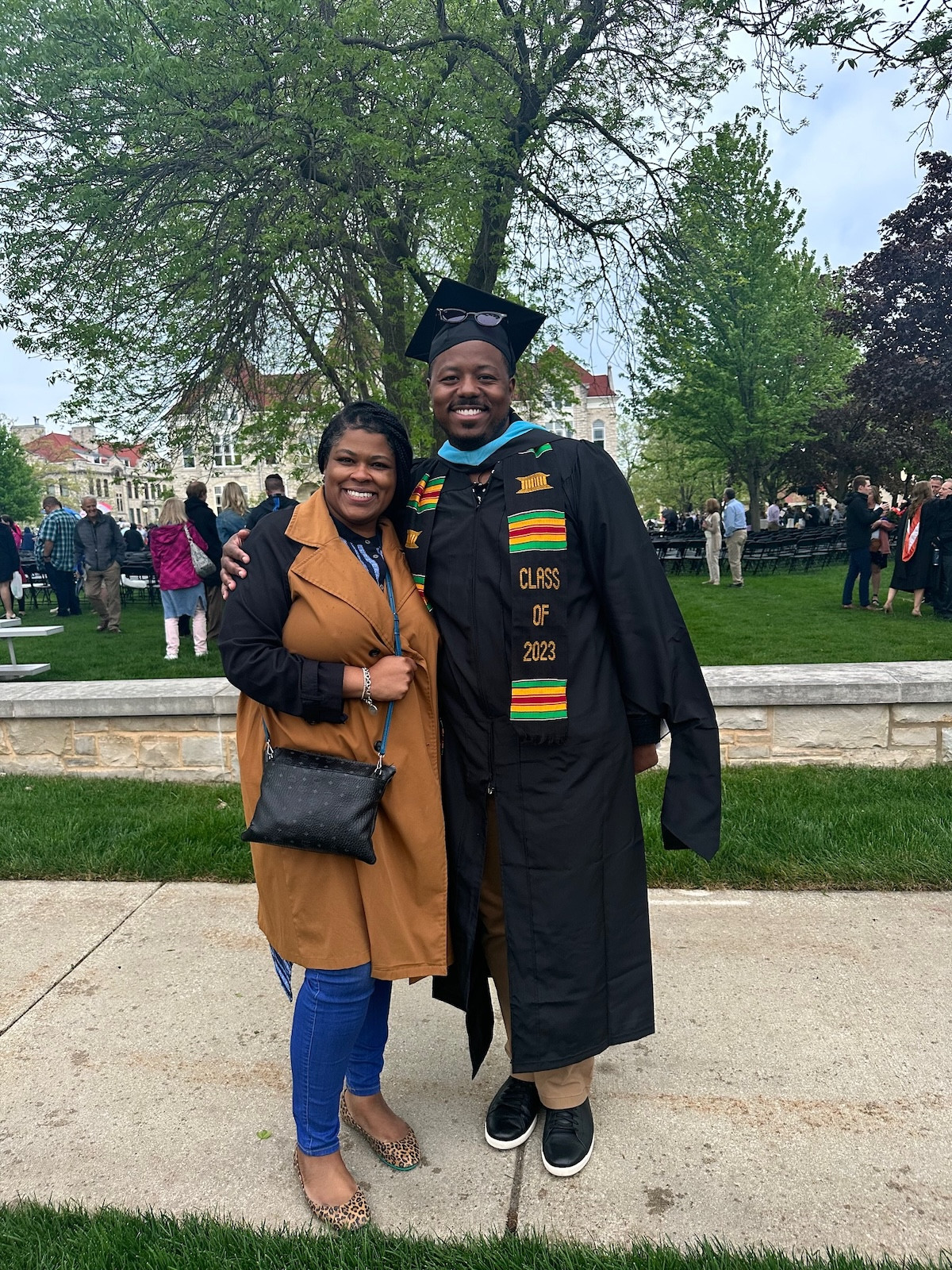
Learning is my love language. I’m obsessed with personal growth — not for the letters behind my name, but because each class sharpens how I think. My educational background enables me to coach teams and simplify complex ideas, while my MBA provides a business lens to ask better questions and lead cross-functional conversations with confidence. This applies to my day-to-day work because I am more comfortable discussing numbers (such as sales, impressions, and performance) and applying those learnings to see how we can make an impact for our partners and our team.
You’re involved with Hue and the Marquette Black Alumni Association. Can you share why these communities are important to you and how they’ve shaped your personal and professional growth?
These communities ground me. They remind me that I’m not alone in this journey and that representation matters, not just in boardrooms but in classrooms and behind the scenes. Hue and the Marquette Black Alumni Association have connected me to mentors, collaborators, and mentees. It’s bigger than networking, it’s about legacy.
Many Big Shoes readers are looking to break into marketing, advertising or digital media. What’s something you wish someone told you when you were just starting out?
Don’t be afraid to start small. You won’t land your dream job overnight, but every role is a stepping stone. Focus on building skills, not just titles. And don’t underestimate the power of informational interviews, some of my best opportunities came from simply reaching out and being curious.
Mentorship has always been important to you, from learning from others in your industry to paying it forward to others. What advice would you give someone about seeking out a mentor or finding a mentee to give back?
Start with authenticity. Don’t approach someone with “Will you be my mentor?” Instead, ask them for advice on a specific project or career challenge. Grab a coffee with them, go on a walk with them and talk to them about what you are seeing in the current market and ask for feedback. A good 2x2 feedback (positive and negative/opportunity) goes a long way. Relationships grow from there. And when mentoring others, listen more than you talk. You’re not there to have all the answers, you’re there to be a sounding board and a coach.
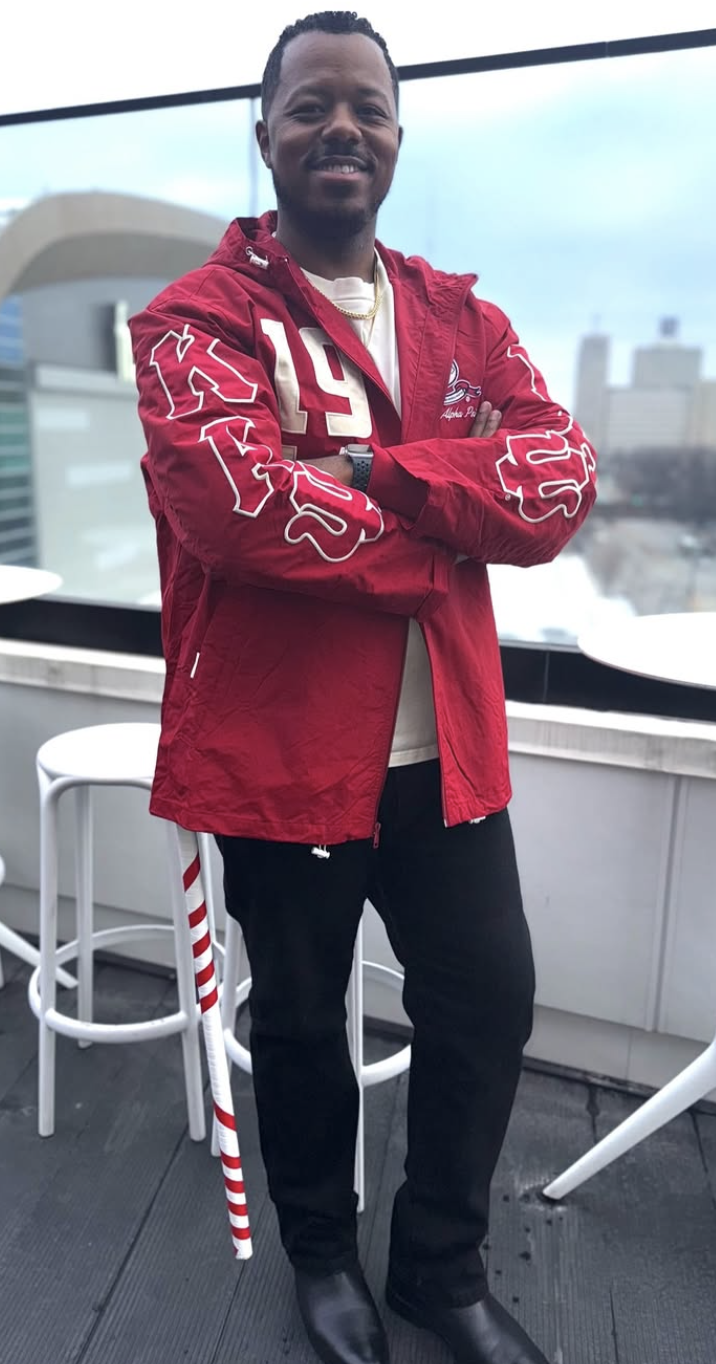
What’s next for you professionally, academically or personally?
I’m focused on completing my MBA and exploring roles that blend my love for marketing strategy and adult learning. Whether that’s building a learning & development program or leading brand strategy at scale, I’m excited for what’s ahead. I’m prioritizing joy, spending time with loved ones, traveling more, and embracing the gentle life I’ve worked so hard to achieve. I do think the title “Dr.” sounds good, but I am going to take a little break before embarking on that journey. Additionally, I am considering writing a book. I have a title and themes in mind, but need to put pen to paper.
Anything else to add?
Just gratitude. I’m thankful to every professor, coworker, friend, and student who’s helped me grow. And I hope my journey shows others — especially young professionals of color — that there’s no one right way to build a career. Your path is valid. Your voice matters. You matter. You deserve to be in that room. Show them your superpowers and most importantly, keep going. (I’m proud of you, even if I don’t know you.)




